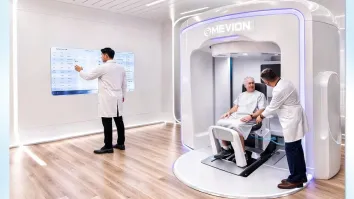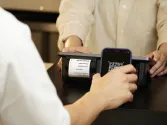
Saudi’s Internet of Medical Things market to reach $244.47m by 2030
Thanks to the rise in connected health devices and remote patient monitoring.
The Saudi Arabia Internet of Medical Things (IoMT) market is projected to reach $244.47m by 2030, with a compound annual growth rate of 22.70%.
According to a report by ResearchAndMarkets.com, the market, which was valued at $71m in 2024, will be fueled by the growing adoption of connected healthcare devices and remote patient monitoring solutions.
“Moreover, the Saudi Arabian government has placed a significant emphasis on digital healthcare transformation, promoting initiatives that encourage the integration of IoT technology in the healthcare sector,” it said
The COVID-19 pandemic also showed the importance of remote healthcare solutions, pushing domestic and international companies to capitalise on these opportunities.
ResearchAndMarkets.com noted that the Riyadh region has emerged as a major player in the Saudi Arabia Internet of Medical Things market.
It serves as a hub for healthcare facilities, research institutes, and governmental healthcare initiatives. It also houses various research and academic institutions, helping it attract investment in IoMT technology, research, and development.
“The COVID-19 pandemic, which accelerated the adoption of telehealth and remote patient monitoring, played a pivotal role in reinforcing Riyadh's dominance, as healthcare providers rapidly adopted IoMT technologies to meet the surging demand for virtual healthcare services,” ResearchAndMarkets.com said.
“Given these factors, Riyadh is well-positioned to maintain its leading position in the Saudi Arabia IoMT market, both as a technology hub and a major healthcare service provider, during the forecast period,” it added.



















 Advertise
Advertise






